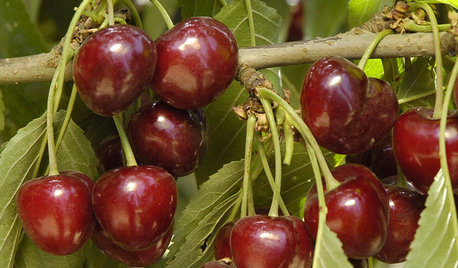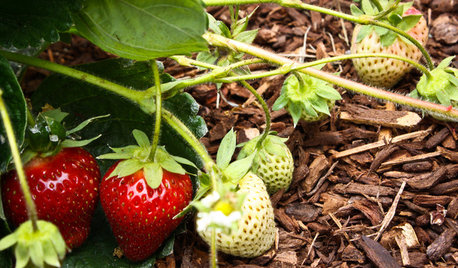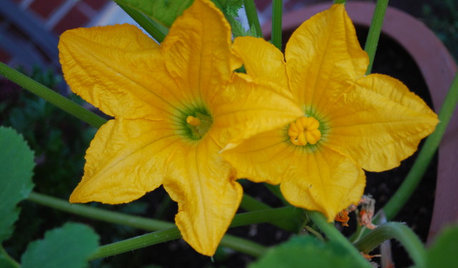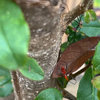Aphids and possibly mites, gnats - Neem not working
veggiedreams
14 years ago
Featured Answer
Comments (23)
Dan _Staley (5b Sunset 2B AHS 7)
14 years agoanney
14 years agoRelated Professionals
Bridgetown Landscape Architects & Landscape Designers · Belmont Landscape Architects & Landscape Designers · Horsham Landscape Architects & Landscape Designers · Harvey Landscape Architects & Landscape Designers · White Oak Landscape Architects & Landscape Designers · Doctor Phillips Landscape Contractors · Lake Worth Landscape Contractors · Ringwood Landscape Contractors · Weslaco Landscape Contractors · Hueytown Landscape Contractors · Dayton Decks, Patios & Outdoor Enclosures · Gladstone Decks, Patios & Outdoor Enclosures · Kansas City Decks, Patios & Outdoor Enclosures · Springfield Decks, Patios & Outdoor Enclosures · Vero Beach Decks, Patios & Outdoor Enclosuresjean001
14 years agoveggiedreams
14 years agotapla (mid-Michigan, USDA z5b-6a)
14 years agoKimmsr
14 years agotapla (mid-Michigan, USDA z5b-6a)
14 years agodocgipe
14 years agoKimmsr
14 years agoDan _Staley (5b Sunset 2B AHS 7)
14 years agorhizo_1 (North AL) zone 7
14 years agotapla (mid-Michigan, USDA z5b-6a)
14 years agoveggiedreams
14 years agodocgipe
14 years agonandina
14 years agosusan2010
14 years agoDan _Staley (5b Sunset 2B AHS 7)
14 years agodocgipe
14 years agodicot
14 years agoorganicislandfarmer
14 years agoYap007
10 years agoworm-room
10 years ago
Related Stories

EDIBLE GARDENSHow to Grow Your Own Luscious Cherries
Nope, they’re not the easiest fruit to grow. But with spectacular blossoms and pies as possibilities, cherries are sure worth a try
Full Story
GARDENING FOR BUTTERFLIESGardening for the Bees, and Why It’s a Good Thing
When you discover how hard bees work for our food supply, you may never garden without them in mind again
Full Story
HOUSEPLANTSIndoor Winter Gardens for Cheerier Days
Bring plants inside for drab-days mood boosting — not to mention cleaner indoor air and protection for your greenery
Full Story
HOUSEPLANTS8 Essentials for Healthy Indoor Plants
Houseplants add so much to our homes — and can thrive when grown in the right conditions. Keep these tips in mind
Full Story
WINTER GARDENINGPruning Secrets for Exquisite Roses
Encourage gorgeous blooms year after year with this time-tested advice on how to prune your rosebush in winter for health and shape
Full Story
GARDENING GUIDESHow to Keep Your Citrus Trees Well Fed and Healthy
Ripe for some citrus fertilizer know-how? This mini guide will help your lemon, orange and grapefruit trees flourish
Full Story
GARDENING GUIDESHow to Switch to an Organic Landscape Plan
Ditch the chemicals for a naturally beautiful lawn and garden, using living fertilizers and other nontoxic treatments
Full Story
HOUSEPLANTSHow to Grow Orchids Indoors
Orchids are the exotic aristocrats of the flower world and can make themselves comfortable in almost any home
Full Story
SPRING GARDENINGSummer Crops: How to Grow Strawberries
Pluck your own sweet strawberries right from the garden vine for smoothies, salads or eating then and there
Full Story
EDIBLE GARDENSSummer Crops: How to Grow Squash
Almost foolproof and with cheerful flowers, squash comes in a wide range of varieties to plant in spring
Full StoryMore Discussions








Dan _Staley (5b Sunset 2B AHS 7)